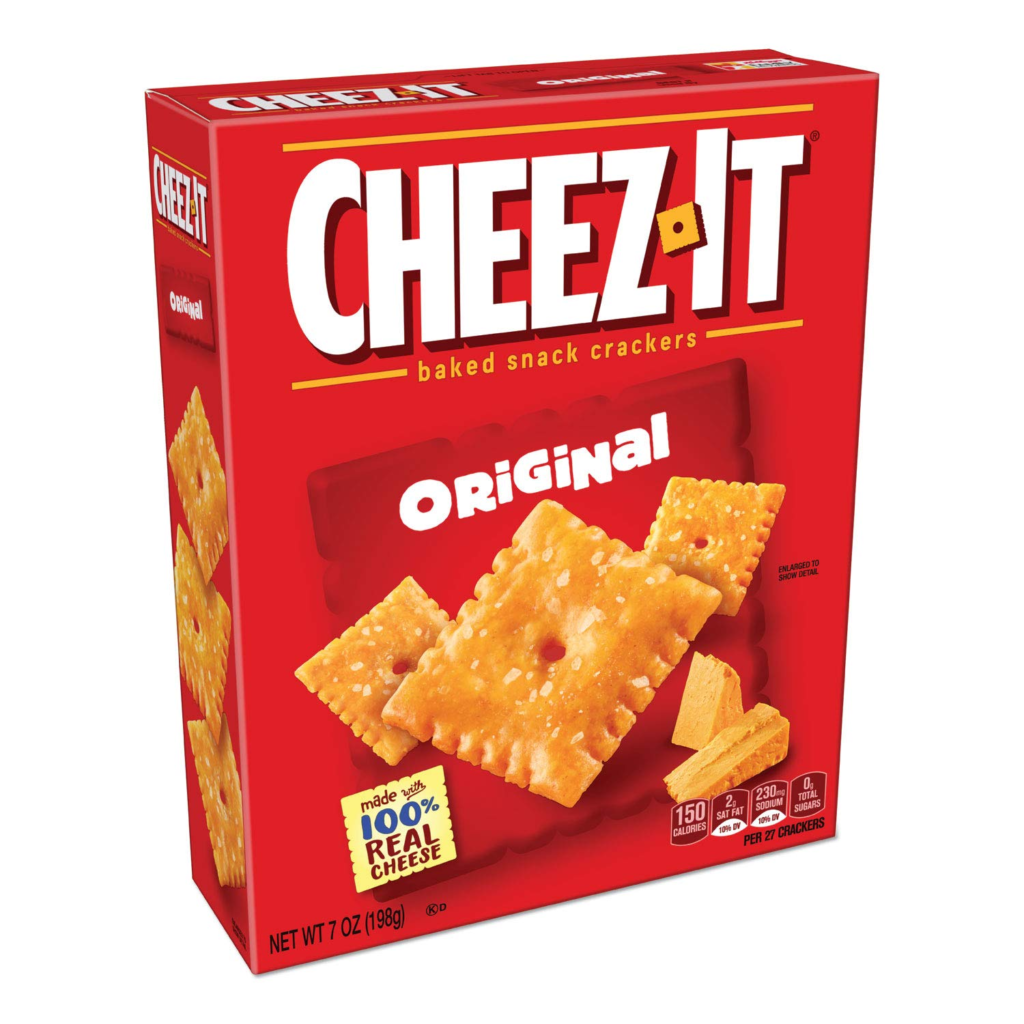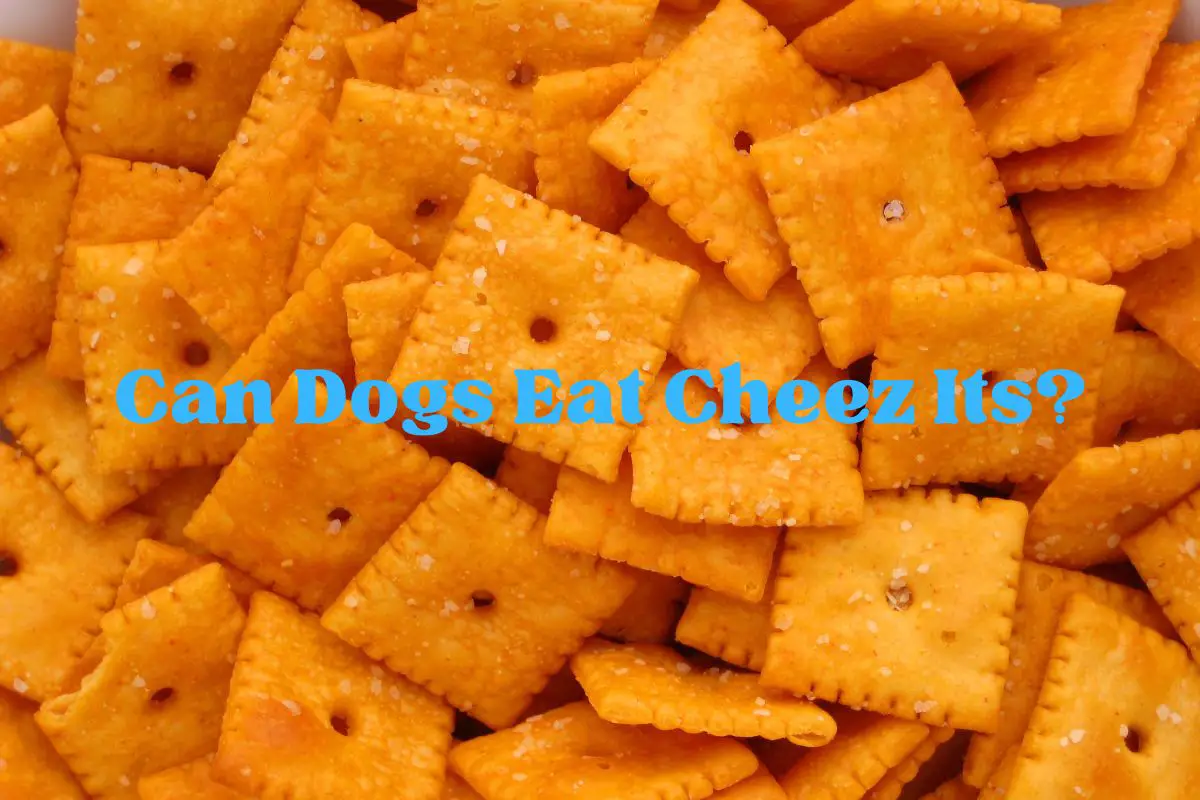For many dog owners, the sight of their beloved canine companion eyeing their snacks with longing isn’t uncommon. Among those delights often generating keen interest are Cheez-Its, a kind of cheesy cracker that we humans find particularly tasty. But can our dogs share in this enjoyment safely? That, indeed, is an important question to dig into.
A Closer Look at These Cheesy Bits
One might disregard Cheez-Its as harmless, but a closer inspection of their composition can give cause for concern. They contain cheese, flour, oil, salt, and a variety of seasonings and additives designed to boost flavor and increase shelf life. But it’s these very ingredients—like salt and seasonings—that can pose issues. Thus, dog owners would do well to resist the temptation of making these crackers a regular treat for their pets.
Trying to Crack the Cheez-It Conundrum for Dogs
Deciding whether Cheez-Its should be included in a dog’s diet is somewhat complex. Every responsible dog owner must consider more than just the dog’s ability to actually eat one; they must think deeply about the potential health effects of such a treat.

The Occasional Cheez-It: No Big Deal?
If your dog manages to swipe a loose Cheez-It off of the floor, it’s not cause for full-fledged panic. The occasional cracker consumed in passing is unlikely to bring about significant harm.
Nutritional Prospects: Nothing to Bark About
Regarding nutritional value, however, Cheez-Its fall short in terms of canine diets. They’re targeted toward satisfying human taste buds, rather than providing the specific nutrients necessary for optimal dog health. The type of diet your dog should be given should be packed with essential nutrients, none of which are offered by these addictive bites.
The Concern Over Salt Content
Cheez-Its are known for their high sodium content—a feature that raises eyebrows when it comes to dogs. Dogs require carefully controlled levels of sodium, and Cheez-Its contain far more salt than is typically considered safe for a dog’s daily meal plan. Excessive salt can trigger a range of health problems, from mild dehydration to severe salt poisoning, each coupled with a suite of serious symptoms.
Delving Deeper into Cheez-It Ingredients

Cheez-Its house a number of ingredients beyond the cheese and sodium they’re known for. From preservatives to wheat and dairy, these additional components can cause allergies in some dogs. The presence of onion and garlic powders only adds to the worry, given their well-documented unhealthy effects on dogs.
| Ingredients in Cheez-Its | Known Health Impacts for Dogs |
|---|---|
| Cheese | Possible lactose intolerance |
| Wheat | Potential allergies |
| Oil | High in calories |
| Salt/Sodium | Sodium-related complications |
| Seasonings and Additives | Potential digestive issues |
| Onion powder | Toxic to dogs |
| Garlic powder | Toxic to dogs |
In the Event of a Cheez-It Overload
Should your dog somehow access and consume excessive amounts of Cheez-Its, it’s of utmost importance to reach out to your vet without delay. Overindulgence could possibly lead to gastrointestinal distress or sodium-related health complications demanding immediate treatment.
The Final Word on Cheez-Its and Dogs
The verdict’s in: Cheez-Its should be off-limits as far as your dog’s snack routine goes. Accidentally snacking on one or two crackers likely won’t wreak havoc, but these treats bring no nutritional benefits and present health risks due to their high sodium content and problematic assortment of ingredients.
Dog owners are better off supplying their furry friends with treats specially crafted for canine consumption. These alternatives aren’t just healthier; they’re also custom-made to accommodate a dog’s taste and nutritional needs, guaranteeing that your dog can relish snack time in a safe manner.

